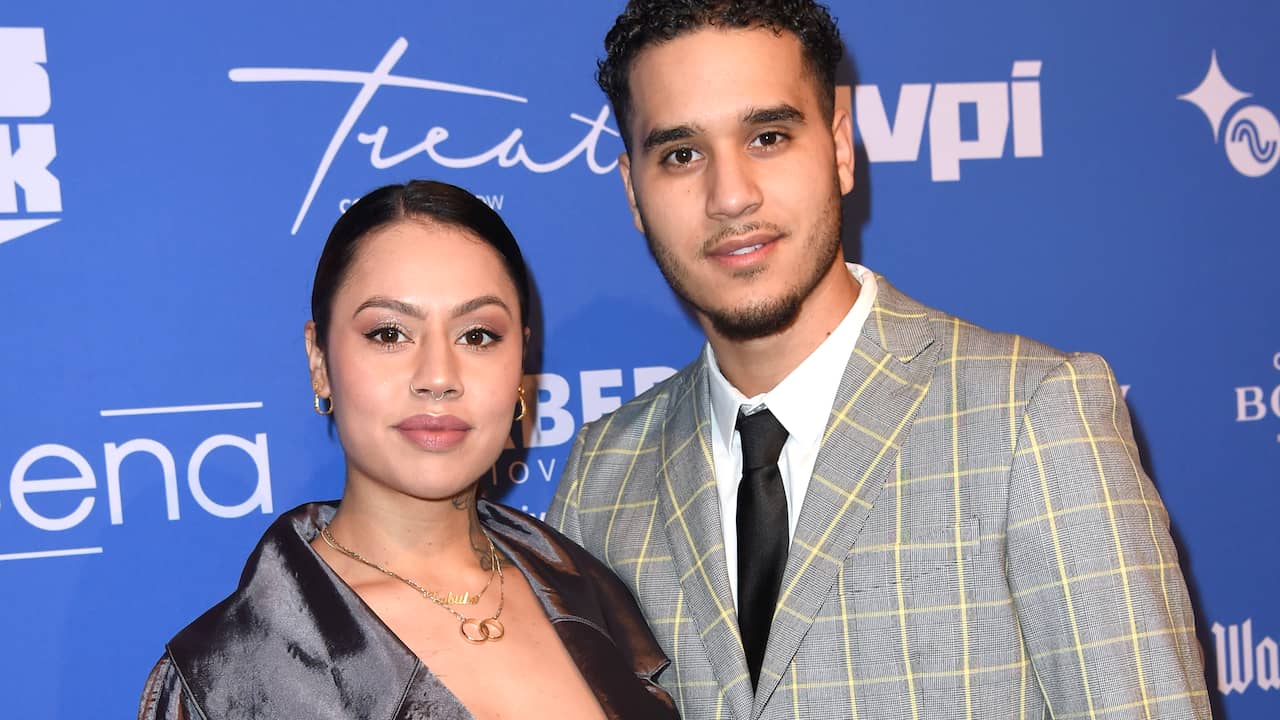Realitarakyat.com – Indonesia is racing to vaccinate as many vulnerable groups as possible for COVID-19. Initially, the COVID-19 vaccination priority group was divided into 4 criteria, namely health workers, public service workers, vulnerable people, and people who are economic actors in the 18-59 year age group. The elderly are not yet included in the priority group because of the safety considerations of vaccines for this vulnerable group.
However, in early February, after completing most of the immunizations for health workers, the government decided to prioritize COVID-19 vaccination in the elderly group aged 60 years and over.
The reason for the elderly should be prioritized for getting vaccinated against COVID-19
Previously, the government decided not to include the elderly as a priority for COVID-19 vaccine recipients due to vaccine safety considerations.
Even though several other countries have used the Sinovac vaccine for COVID-19 immunization in the elderly and there are no reports of serious effects that have occurred.
Many countries also prioritize elderly groups to be vaccinated because they are considered the most vulnerable group to COVID-19. The elderly account for at least 47% of the death toll from COVID-19.
The entry of the elderly as a priority group for COVID-19 immunization aims to reduce the severity of symptoms, reduce the burden on hospitals, and reduce the death rate from COVID-19.
Many criticisms and suggestions from experts finally prompted the government to conduct a study on the safety of the Sinovac vaccine for the elderly. The government takes a deeper look at the results of the phase 3 Sinovac vaccine clinical trial which was carried out outside Indonesia which included the elderly group.
The results of clinical trials of the Sinovac COVID-19 vaccine on 400 elderly people in China and 600 elderly people in Brazil showed that the Sinovac vaccine was able to grow antibodies and had no negative side effects. That means that COVID-19 immunization using the Sinovac vaccine is proven to be safe for the elderly.
With this evidence of safety, the government, through the Food and Drug Administration (BPOM) officially issued a permit to use the COVID-19 Sinovac vaccine for the elderly group on Sunday (7/2/2021).
“On February 5, 2021, the POM issued the EUA (Emergency Use Authorization) CoronaVac vaccine (Sinovac production) for ages 60 and over. Given with 2 doses of vaccine injections given at intervals of 28 days, “said the Head of BPOM, Penny K Lukito.
Vaccination for the elderly began for elderly health workers on Monday (8/2/2021) and continued for the elderly non-health workers group.
Things that need to be considered regarding the vaccination of the elderly
The vaccine given to the elderly is the Sinovac vaccine with the same content as that given to the other groups. However, there is a difference in the interval between the first dose and the second dose.
In the general group, dose 1 and dose two were 14 days apart, in the elderly the interval was extended to 28 days. Health requirements are also not too different, only the screening process is tightened considering that the elderly tend to have several comorbidities compared to younger age groups.
Additional tests need to be done if the elderly have some physical conditions.
– Difficulty climbing 10 stairs.
– Has decreased physical activity or frequent fatigue.
– Have 5 out of 11 disease conditions, hypertension, diabetes, cancer other than minor skin cancer, chronic lung disease, heart attack, congestive heart failure, chest pain, asthma, joint pain, stroke, and kidney disease.
– Has difficulty walking approximately 100-200 meters.
– Have experienced significant weight loss in the past year.
– Requirements for the general health conditions of the vaccination participants
Before vaccinating, it is important that the participant’s body is in a stable condition or is not sick.
This is stated in the Decree of the Director General of Disease Prevention and Control number HK.02.02 / 4/4/2021 concerning Technical Guidelines for Vaccination in the Context of the COVID-19 Pandemic.
– Never been infected with COVID-19.
– Not in close contact with suspected or COVID-19 patients.
– Body temperature below 37.5 ° C.
– Stable blood pressure, below 140/90 mmHg.
– Not pregnant, breastfeeding, suffering from symptoms of ARI in the last seven days, having a history of severe allergies, kidney disease, rheumatism, and chronic gastrointestinal tract pain.
– For people with diabetes mellitus type 2, blood sugar levels must be controlled, which is below 58 mmol / mol or 7.5%.
– For people with HIV, the viral load is undetectable, and the CD4 count (measure of the immune system) must be above 200.
– Do not have lung disease (Asthma, COPD, or TB). TB patients can get vaccinated if they have been taking anti-tuberculosis drugs for at least two weeks.
Below is the flow and examinations carried out on the D day of the COVID-19 vaccination.
– Fill in registration and data verification.
– Fill in a checklist of health conditions and comorbidities, history, and education on the COVID-19 vaccine.
– Check the temperature.
– Check blood pressure.
– Vaccination.
– Waiting for 30 minutes to anticipate if there is AEFI (a follow-up event after immunization).
– Providing vaccination cards.
– Waiting for the schedule for the injection of the second vaccine dose.
In addition to checking body temperature and blood pressure, all checks on health conditions as well as checking the comorbid stability of the participants were carried out independently to their respective specialist doctors.
Hello Health Group and Hello Sehat do not provide medical advice, diagnosis or treatment. Please check our editorial policy page for more detailed information.
Reviewed by: dr. Andreas Wilson Setiawan | Written by: Ulfa Rahayu
-source: hellosehat


